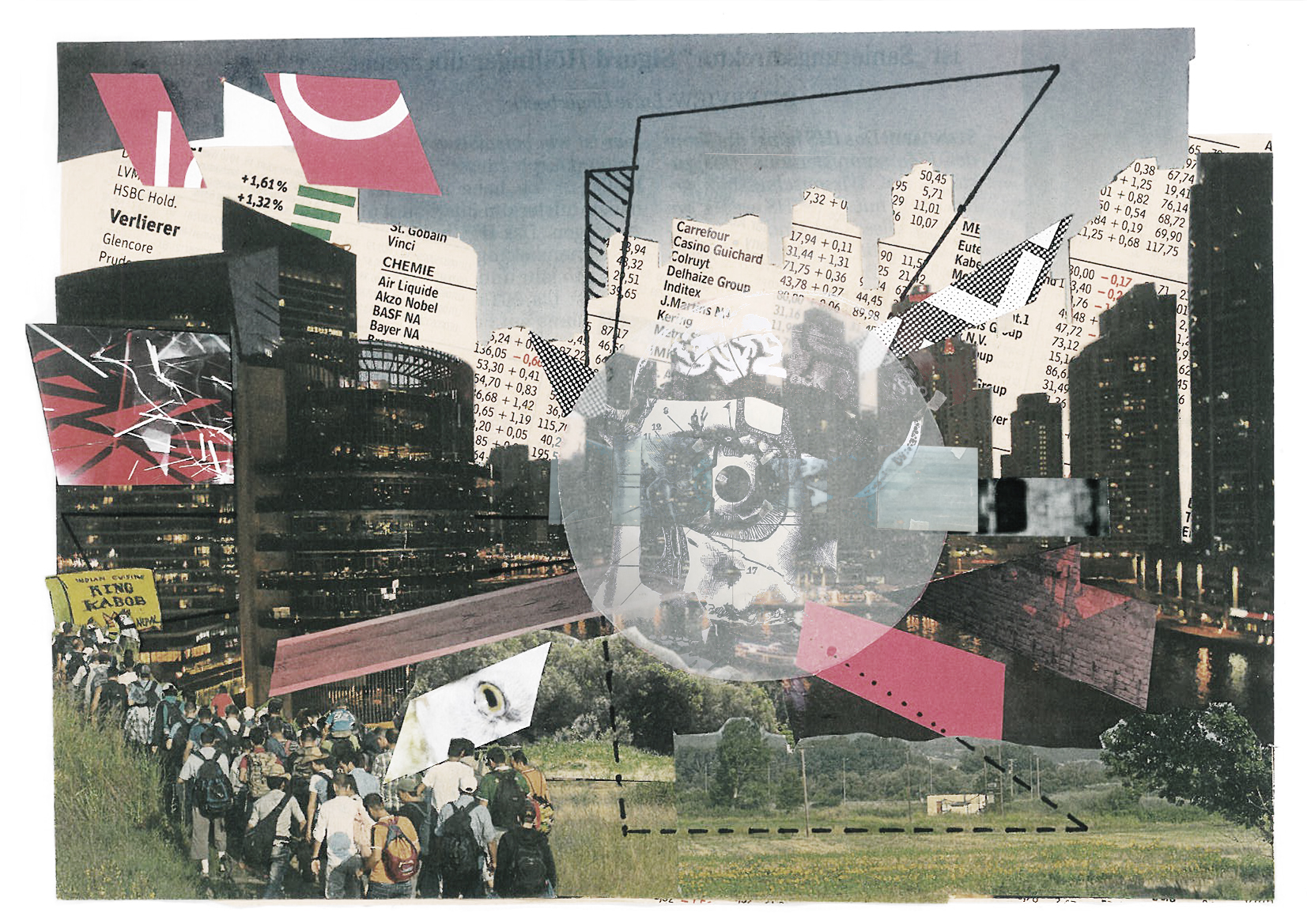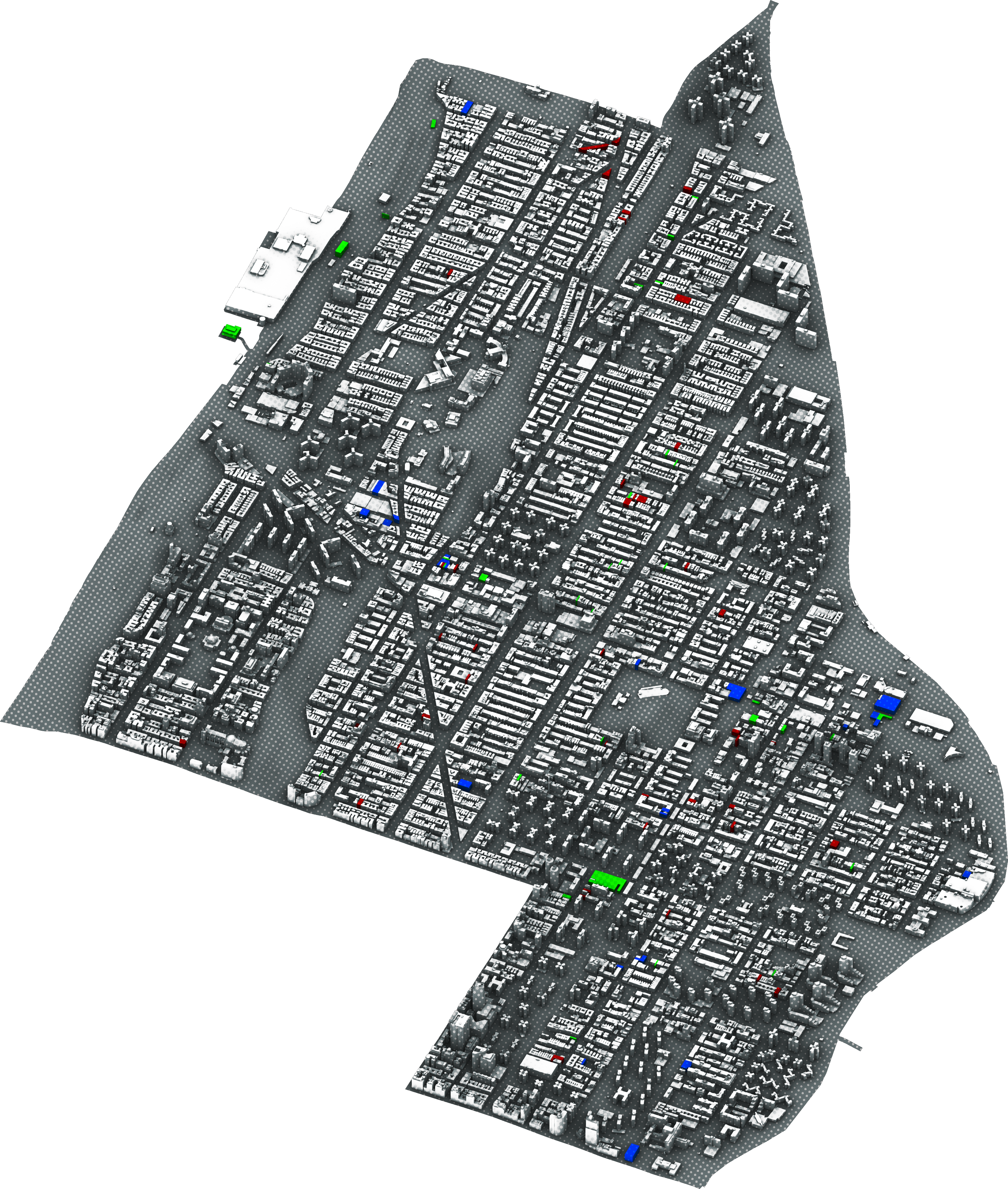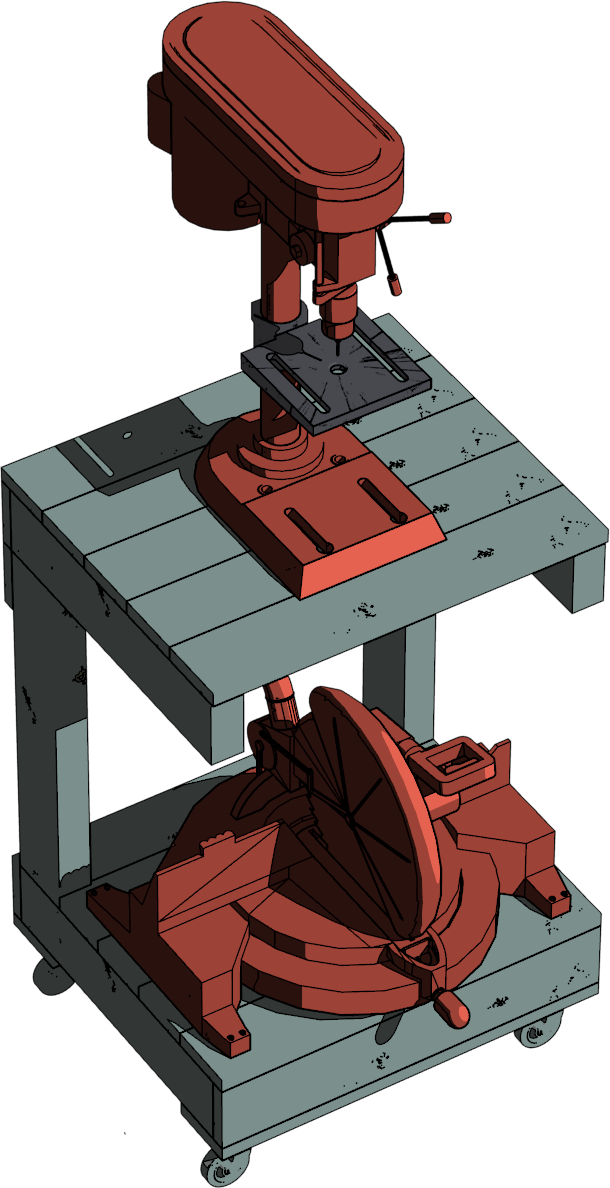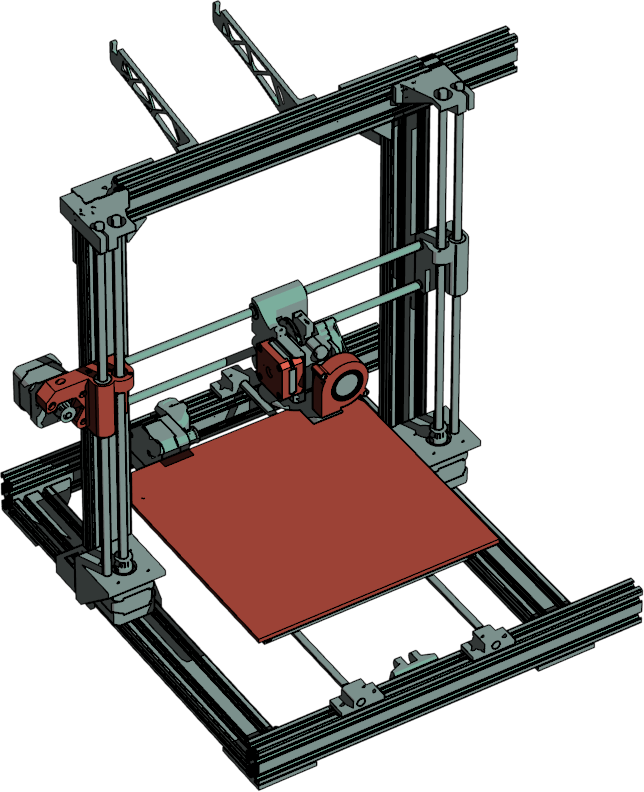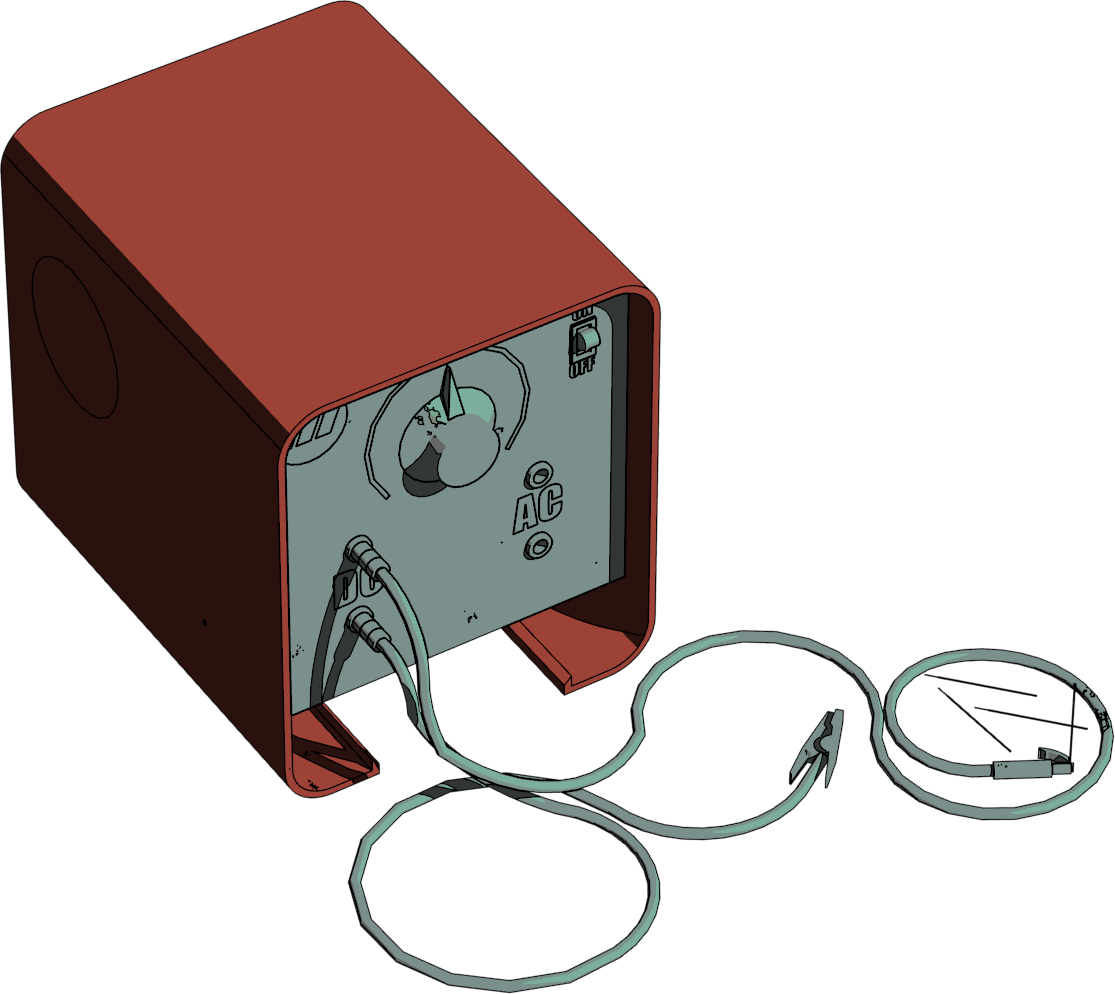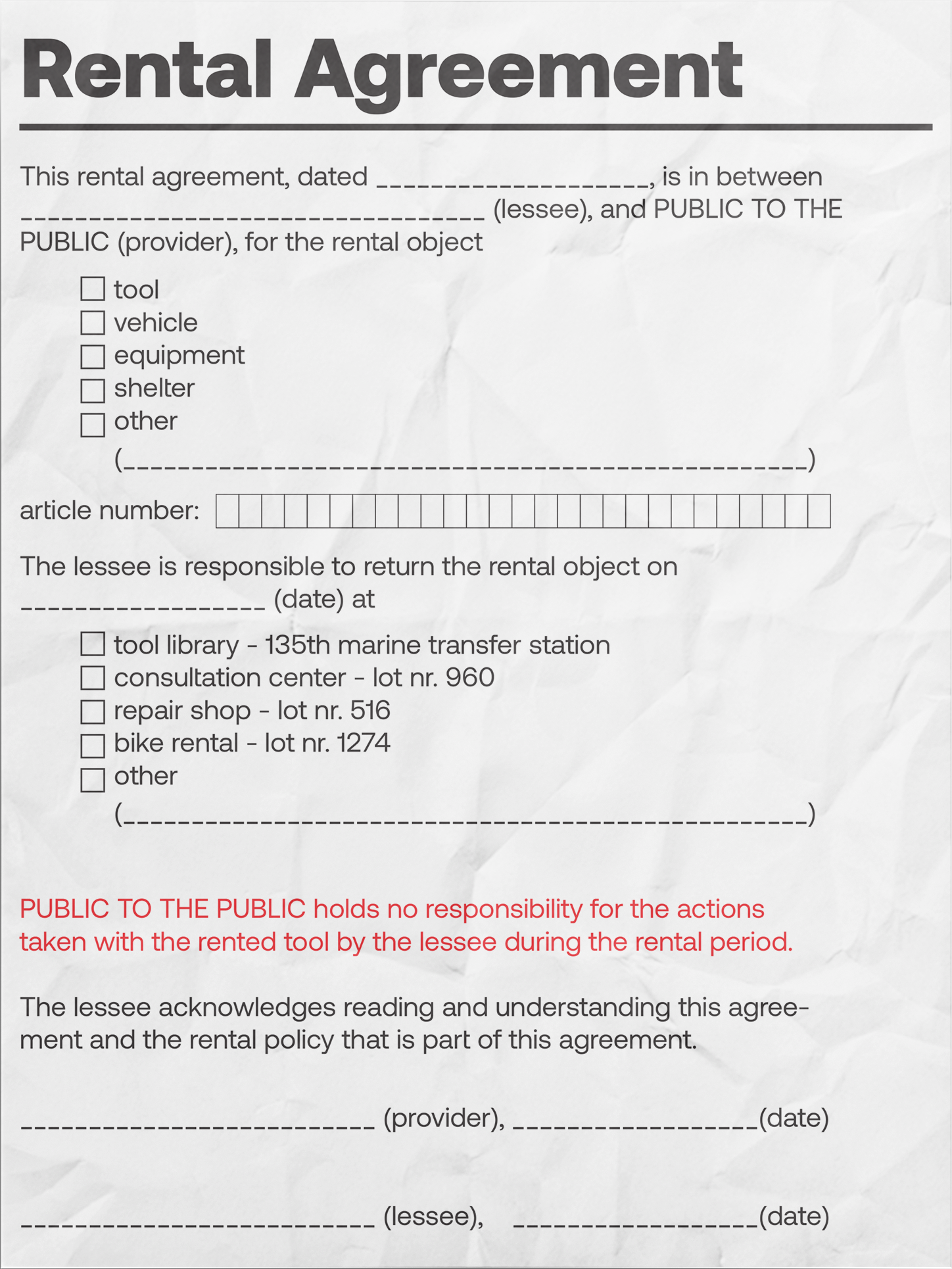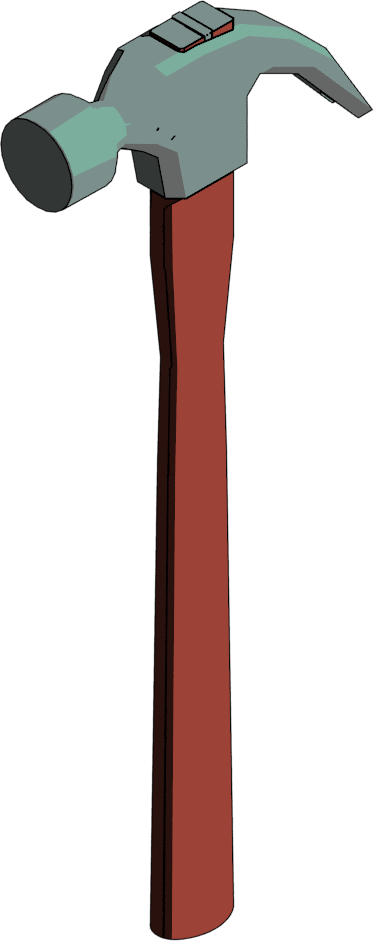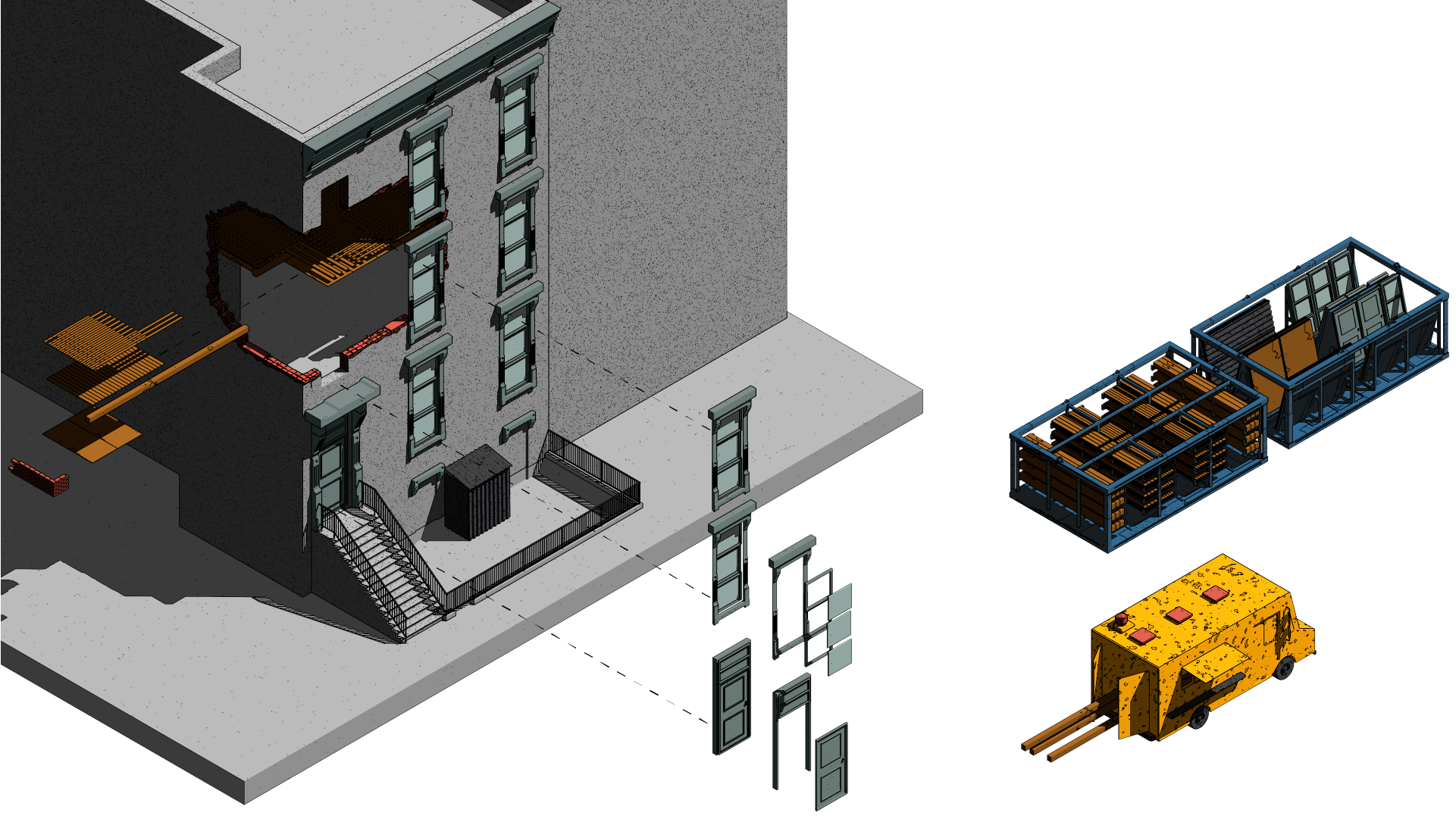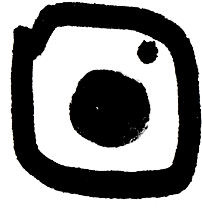_public to the public - peer to peer/
“Public space, insofar as it is a thoroughly capitalist institution -
that is, a locus of criticism internal to the modern market economy - is always
the construction of a paradox within physical space [...] It is a physical
space that manifests a contradiction, provoking agnostic questions and
conversations.” (rather than being a locus of rational communication) - Adrian Blackwell
Public to the Public is a project that imagines a network of libraries for tools and recycled construction materials throughout the city. Placed in city owned abandoned sites and buildings, this institution imagines a framework for communities to create, repair, and expand their public and social infrastructure. Offering not only tools, but establishing a system of knowledge and material use, Public to the Public envisions a growing movement that connects different groups and individuals through the sharing of tools and expertise, while offering the opportunity to take over existing abandoned spaces for local organizations and community groups.
Programming existing vacant lots in connection with existing community garden infrastructure offers the self-authored design of city owned properties, shaping, and reinventing the existing notion of a public.
This notion does not impose a strategy for how public space and live is ought to look like, but rather offers the tools and infrastructure for space making. Imagining two specific structures and programs, such an institution could invite people to interact with the city and each other outside the realm of city-directed public programs. Consisting of a tool and material library, for the storage and distribution of materials on one side, and community centers with meeting, office, and small workshop areas, a basic frame for organization and construction could be established, offering legal advice and practical knowledge for the creation of a new form of public life in a city.
“Cities have the capability of providing something for everybody, only because, and only when, they are created by everybody.” - Jane Jacobs
